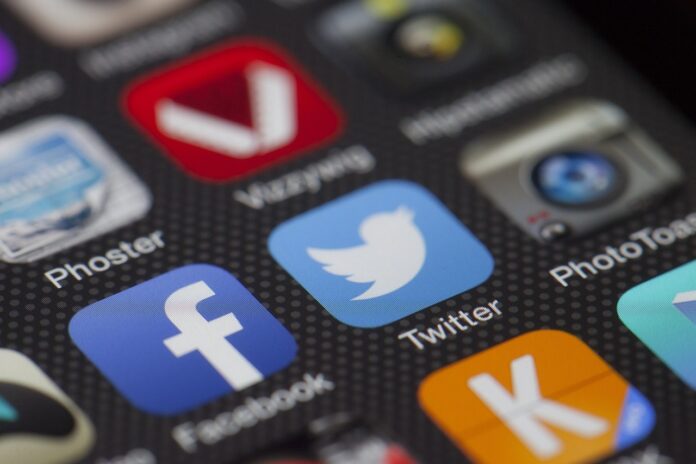Many social media users are being forced to deal with account deactivations, total deletions, and theft from linked payment cards as a new wave of cyber attacks are sweeping across social media. Cybercriminals are increasingly bold and active in their attacks, even against experienced social media users. Experts warn that recovering these accounts can be challenging, and victims stand to lose a great deal.
Recently, there have been numerous complaints from people in Poland about suddenly losing access to their social media accounts or having these accounts disappear entirely. At this point, it’s hard to tell whether this surge in attacks is part of a coordinated campaign. However, experts in cyber security emphasize that this type of activity often increases following significant data breaches. Different groups of cyber criminals then presumably purchase stolen data on the black market and use this information to execute further attacks.
“The number of attacks on social media users continues to rise. Data gathered in the ESET Threat Report shows that phishing campaigns are regularly intensifying. We’ve noticed that cybercriminals are not only using older, tried-and-tested tactics (e.g. the so-called BLIK scam) but also developing new strategies aimed at even the active and advanced users of services such as Facebook, Instagram, or LinkedIn. This includes people who use social media daily for work, like marketing or communications departments, influencers, and those who use LinkedIn for personal branding or job searches. For these individuals, losses can be particularly severe, affecting not only their finances but their reputation as well”, comments Beniamin Szczepankiewicz, an analyst from the ESET antivirus laboratory.
TARGET: Advanced users
What does an attack look like? In most cases, users simply find that they cannot log into their accounts. Multiple attempts return no results, the contact with support center is often difficult, and while users wait for response, their account is under the control of cyber criminals. Money often disappears if a credit or debit card was linked to the account. Worse still, access to working tools may be lost if professional activities were connected with social media. Another concern can also be the loss of reputation and the accompanying embarrassment. As the experts point out, this can happen to anyone, even the most seasoned social media user, and shame is a poor adviser. If we fall victim to an attack, we should highlight the issue and, through our accounts on other social media platforms or via email, warn the individuals with whom we collaborate or maintain business relations of the situation.
Can you count on support?
The first and most important reaction upon discovering an attack is, of course, changing passwords across all platforms where the same login data was used as on the hacked account. It’s also vital to immediately begin the account recovery or password reset process for the affected service. Another recommended initial step to take is reaching out to the Help Center of the given platform. Although you theoretically can expect a quick response and experienced support, the waiting time for a response can often be prolonged, sometimes even extending over weeks. Hacked users often complain about slow response times and long waits for assistance. This underscores the importance of preventative measures that should be taken to protect your account before an attack happens.
“Remember, social media platforms have millions, even billions, of users. Our accounts, so important to us for personal and professional reasons, are often just another account in trouble to the support services. It’s worth carefully considering what we share on social media. We frequently post material from our lives, like photos or videos, without thinking about the fact that we could irretrievably lose access and, consequently, control over this content. If we choose to be active online, we must protect ourselves by adhering to a few basic security rules,” adds Beniamin Szczepankiewicz.

















